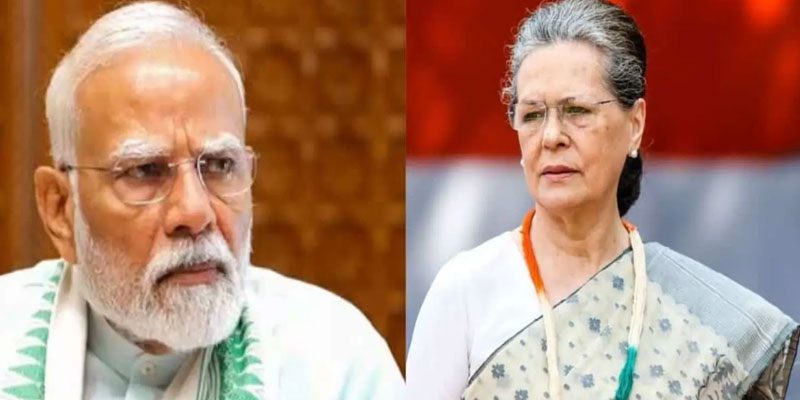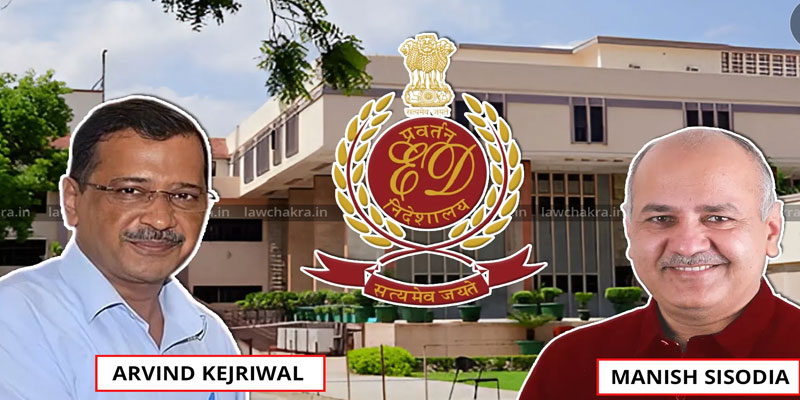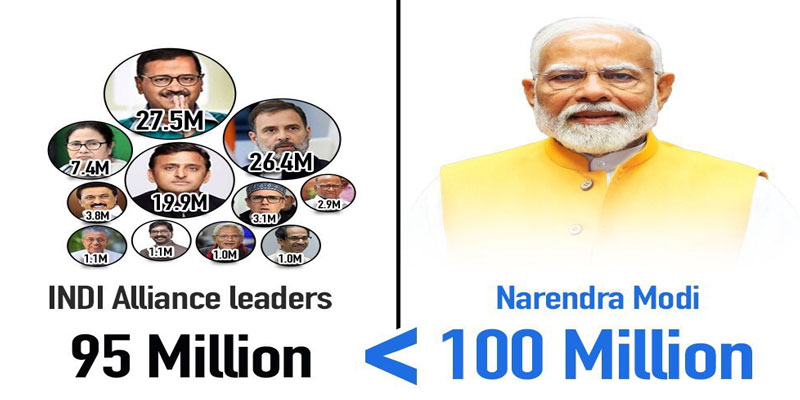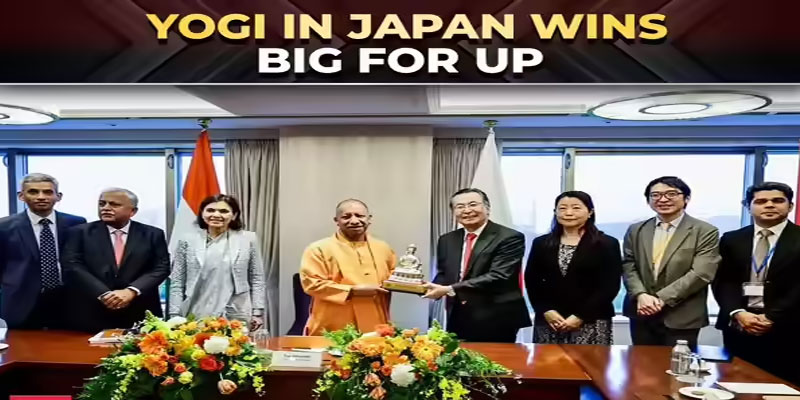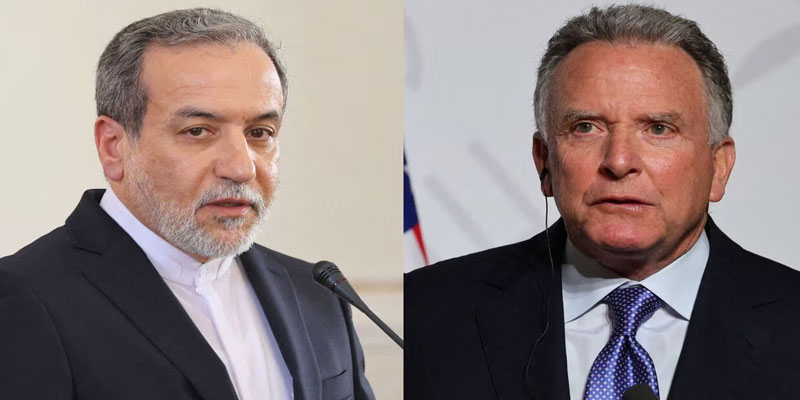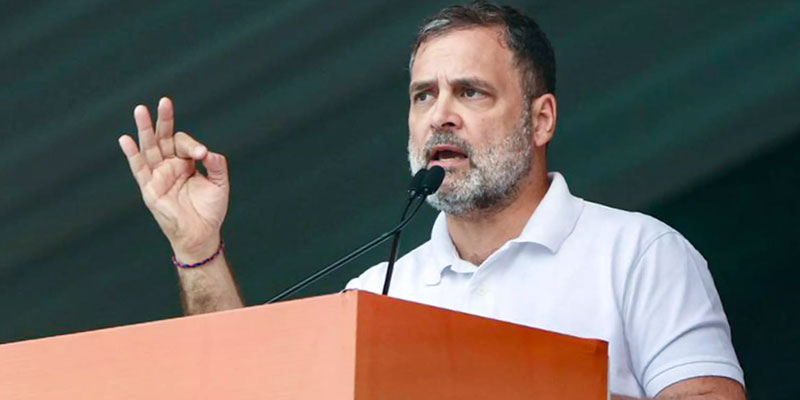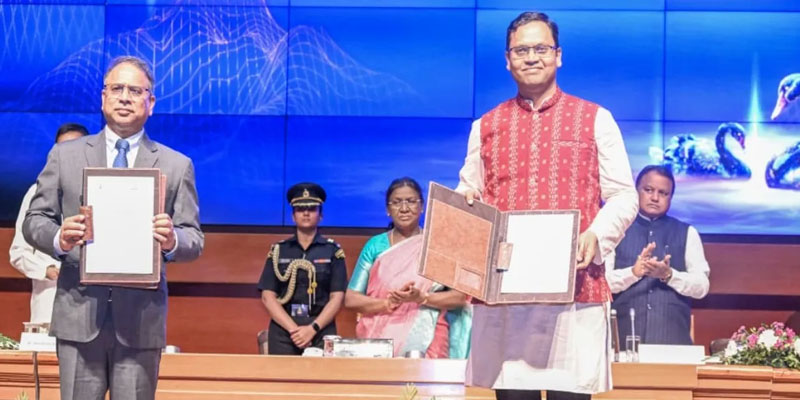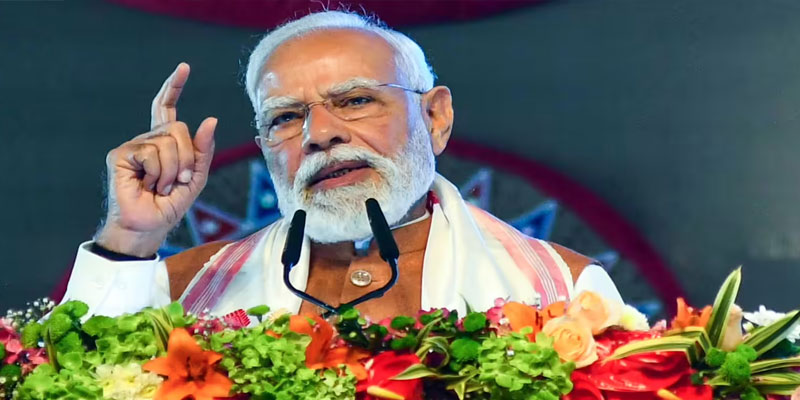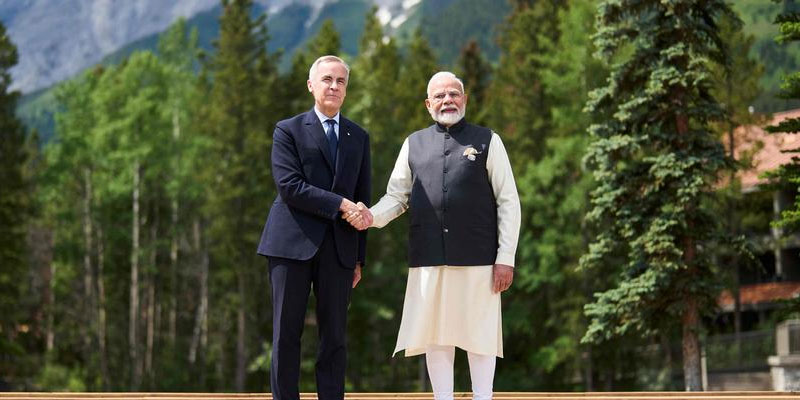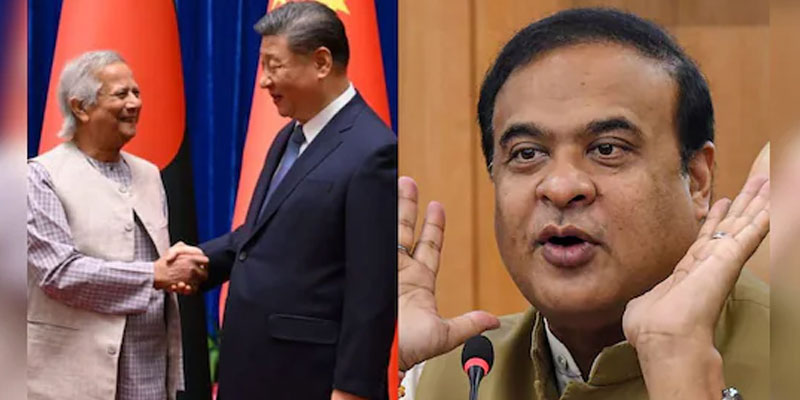SCO Summit 2025: A Brief Overview
The Shanghai Cooperation Organisation (SCO), established in 2001, is a powerful regional bloc that brings together major Eurasian nations for cooperation on political, security, and economic matters. With ten full members—India, China, Russia, Pakistan, Kazakhstan, Kyrgyzstan, Tajikistan, Uzbekistan, Iran, and newly-inducted Belarus—the SCO plays a critical role in shaping regional geopolitics.
The latest Defence Ministers’ meeting, hosted by China in Qingdao on June 25–26, 2025, was held under Beijing’s chairmanship, themed “Upholding the Shanghai Spirit: SCO on the Move.” This gathering aimed to bolster defence cooperation, discuss regional security challenges, and advance joint efforts to counter terrorism. However, the summit hit a diplomatic impasse when India, represented by Defence Minister Rajnath Singh, refused to sign the joint communiqué.
India’s Stand: Terrorism is a Red Line
During the SCO session, Rajnath Singh strongly reiterated India's zero-tolerance policy on terrorism. In an address that indirectly called out Pakistan, he condemned the continued use of cross-border terrorism as state policy, stating that some countries shelter and support terrorist groups while preaching peace.
“There should be no place for such double standards,” Singh said pointedly, referring to the April 22 terror attack in Pahalgam, Jammu and Kashmir, which claimed the lives of 26 civilians. According to Indian intelligence, the attack bore the hallmarks of Lashkar-e-Taiba (LeT), a Pakistan-based terror outfit.
In response to the Pahalgam massacre, India launched Operation Sindoor on May 7—a targeted counter-terror action that Singh cited as an example of New Delhi’s commitment to defending its citizens and sending a message to state sponsors of terrorism.
The Flashpoint: Why India Refused to Sign
India’s refusal to sign the final joint statement stemmed from the conspicuous exclusion of the Pahalgam terror attack from the text. For New Delhi, this omission was not just an oversight but a strategic decision, likely influenced by China’s chairmanship and its close alliance with Pakistan.
By choosing to downplay an act of mass terrorism, the draft joint statement—had India endorsed it—would have diluted India’s firm stance on terrorism, particularly when the issue affects its own people. As a result of India’s refusal, the SCO abandoned the joint declaration altogether—a rare move that underscores the seriousness of the disagreement.
Is China Shielding Pakistan at the Cost of SCO Credibility?
China’s reluctance to include the Pahalgam attack raises troubling questions. While the SCO regularly discusses counter-terrorism, the exclusion of a recent, deadly attack within a member state’s territory signals selective morality—especially when Beijing itself faces separatist violence in Xinjiang.
Given China’s historical tendency to shield Pakistan diplomatically, particularly at multilateral forums like the UN Security Council, its approach at the SCO summit seems aligned with that pattern. This undermines SCO’s credibility as a serious platform for counter-terror cooperation.
Is it strategically wise for China to protect Pakistan at the cost of weakening trust within the SCO? If terrorism is not universally condemned—even within a security forum—can the SCO truly be effective?
India’s Diplomatic Gamble: Justified or Isolated?
By refusing to sign, India chose principle over diplomacy—a move that may strain ties within the SCO but sends a clear and consistent message: New Delhi will not compromise on its core national security concerns, even at the risk of diplomatic fallout.
While some may argue that walking away from the joint statement risks isolating India, others see it as a moral and strategic stand that could pressure the SCO to confront double standards in future engagements.
A Statement in Silence
India’s decision not to sign the SCO joint statement was not a rejection of multilateral cooperation but a clarion call for sincerity in addressing terrorism. As Rajnath Singh stated, “Peace and prosperity cannot co-exist with terrorism.” If SCO is to retain its relevance, it must rise above geopolitics and act as a true guardian of regional security.
In this context, India's refusal to endorse a watered-down declaration is not just justified—it is necessary.
(With agency inputs)



